Seasonal allergies can be more than just a minor inconvenience; for many, they significantly hinder enjoying the changes each season brings. Addressing the root of the problem—preventing the onset of seasonal allergies and bolstering our immune system—could significantly reduce these challenges.
In pursuing natural allergy solutions or organic allergy relief, the connection between allergies and mushrooms has emerged as a promising solution. Today, we explore the intriguing world of these fungi, investigating their potential to alleviate the symptoms of seasonal allergies. We'll unravel the science behind their benefits, highlight specific varieties like Chaga and Reishi, and provide insights into how they can be integrated into your allergy management routine.
Seasonal Allergies: Natural Remedies
Seasonal allergies arise when the immune system overreacts to substances like pollen or mould spores in the air, which are typically harmless. As seasons change, many people seek relief from the continuous discomfort of seasonal allergies. Various over-the-counter and prescription medications are available, but a growing number are interested in holistic allergy treatments.
Certain immune-boosting mushrooms, including Chaga and Reishi, have a long history in traditional medicine and are known for their anti-inflammatory and antioxidant effects. While a complete solution for seasonal allergies remains elusive, this article will examine the scientific research on using mushrooms for allergy relief and discuss how they can be integrated into a treatment strategy.
Reishi Mushrooms: Allergies
Seasonal allergic rhinitis, also known as seasonal allergies, typically presents symptoms such as a runny nose, nasal congestion, itching in the nose and eyes, and frequent sneezing. People suffering from this condition often seek relief through oral or nasal second-generation antihistamines or nasal corticosteroids. Combining treatments may be necessary for any significant relief of severe allergies. However, these treatments can be time-consuming and expensive and may cause various side effects without treating the root cause of the allergies.Reishi, known scientifically as Ganoderma lucidum, is a functional mushroom with a long history of use for its immune system regulating and calming effects. In the immune system, Th1 and Th2 cells have distinct roles, with Th1 cells enhancing immunity and Th2 cells linked to allergies, involving cytokines like IL-4 that promote Th2 responses [1]. Conversely, the cytokine IFN-γ interacts with IL-4, reducing its production, and vice versa [1]. Studies show that Reishi is notable for increasing Th1 responses and IFN-γ production, thereby reducing Th2 responses, which could lessen allergy symptoms [1].
Another study using an animal model of allergic rhinitis showed that a Reishi mushroom extract reduced nasal blockage and sensitivity caused by repeated allergen exposures [2]. This study, which used cedar pollen as the allergen, demonstrated that after 8 weeks, there were significant improvements, suggesting Reishi as a potential allergy-fighting mushroom.
Chaga Mushroom Benefits: Mushroom Allergy Relief
Th2 cells are involved in allergies, specifically triggering the activation and recruitment of cells like B cells, mast cells, and eosinophils that produce IgE antibodies, leading to allergic reactions [3]. Allergies arise from an imbalance between Th1 and Th2 responses, with a dominance of Th2, which is inhibited by Th1 [4]. Oral administration of Chaga has been shown to significantly lower total IgE levels in blood and enhance Th1 responses, thereby reducing the likelihood of allergies [4]. Chaga also decreases the production of IL-4, a key component in allergic responses, similar to Reishi [5].
Mast cells are crucial in the allergic immune response, as they initiate signals for IgE synthesis by B cells and promote Th2 cell differentiation [6]. Chaga's stabilizing effect on mast cells is mainly due to a triterpenoid called inotodiol [7]. Inotodiol can suppress mast cell function in vivo without affecting other immune responses [8]. In contrast, using the whole Chaga mushroom extract suppresses a range of immune responses, indicating the mushroom's overall immunomodulating properties [8].

Allergy Prevention Mushrooms: Mushroom Therapy for Allergies
Embracing natural allergen relief through the use of fungi for allergy relief offers a unique and practical approach to managing seasonal symptoms. The world of alternative medicine for allergies is vast, but the specific use of mushrooms stands out as a holistic treatment for seasonal allergies. By incorporating natural allergy management with mushrooms into your daily routine, you may find significant improvements in your symptoms.
Mushroom supplements for allergies, particularly those from functional varieties like Chaga and Reishi, have shown promising results, making them a valuable addition to your allergy care arsenal. We encourage our readers to approach allergy treatment with an open mind and to consult healthcare professionals when trying new remedies. Your thoughts and experiences are valuable to us, so please share them in the comment section below.

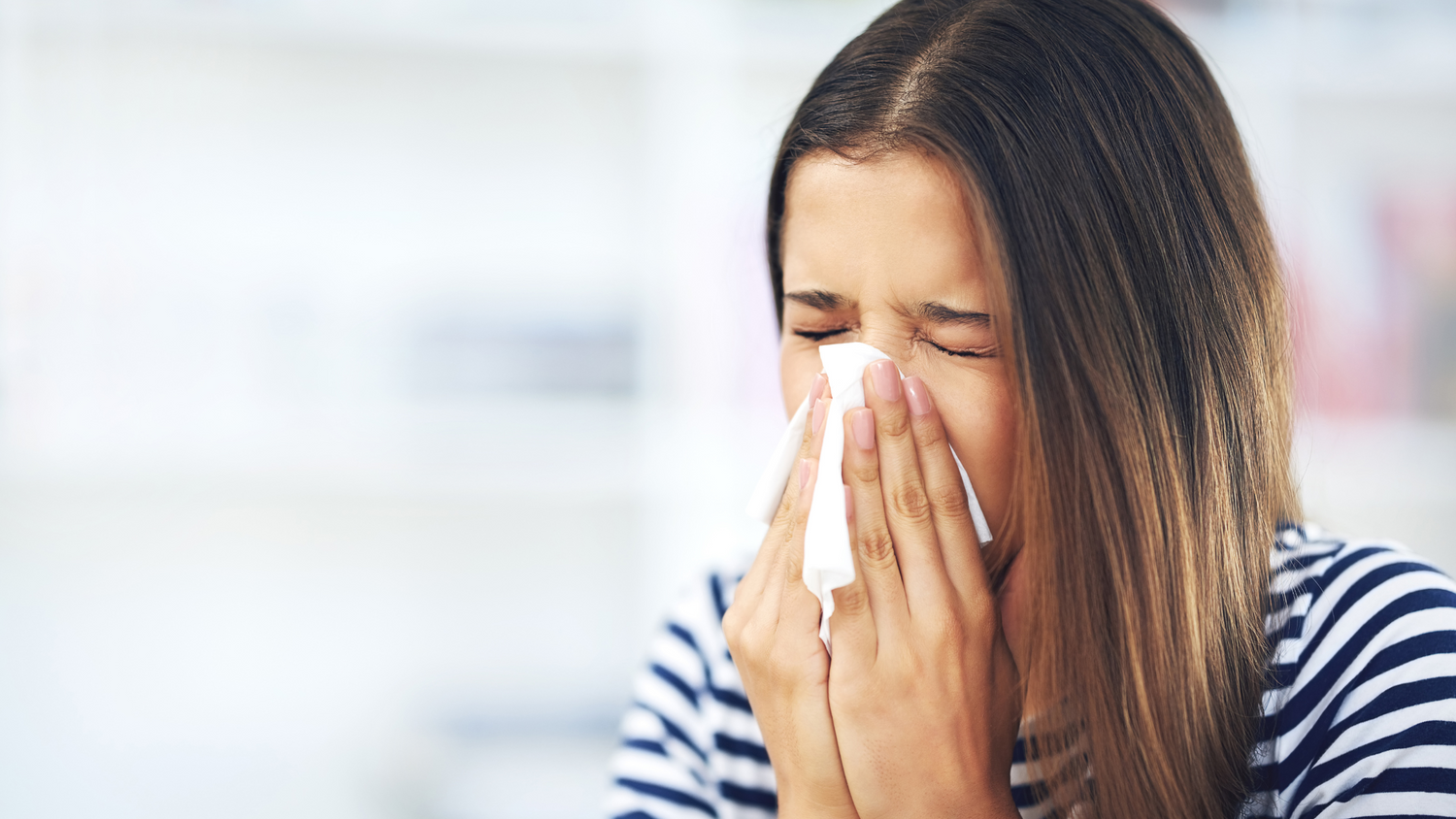

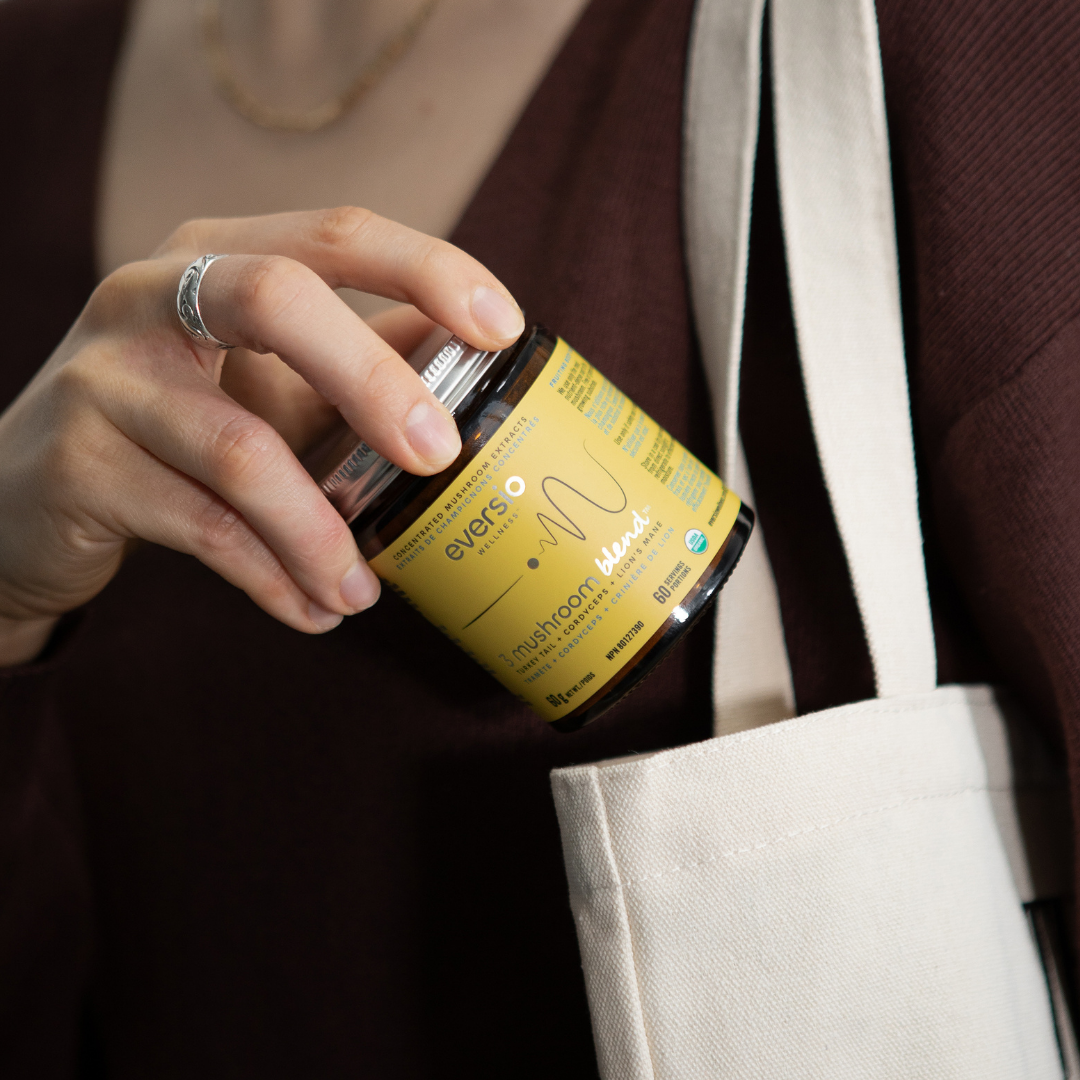

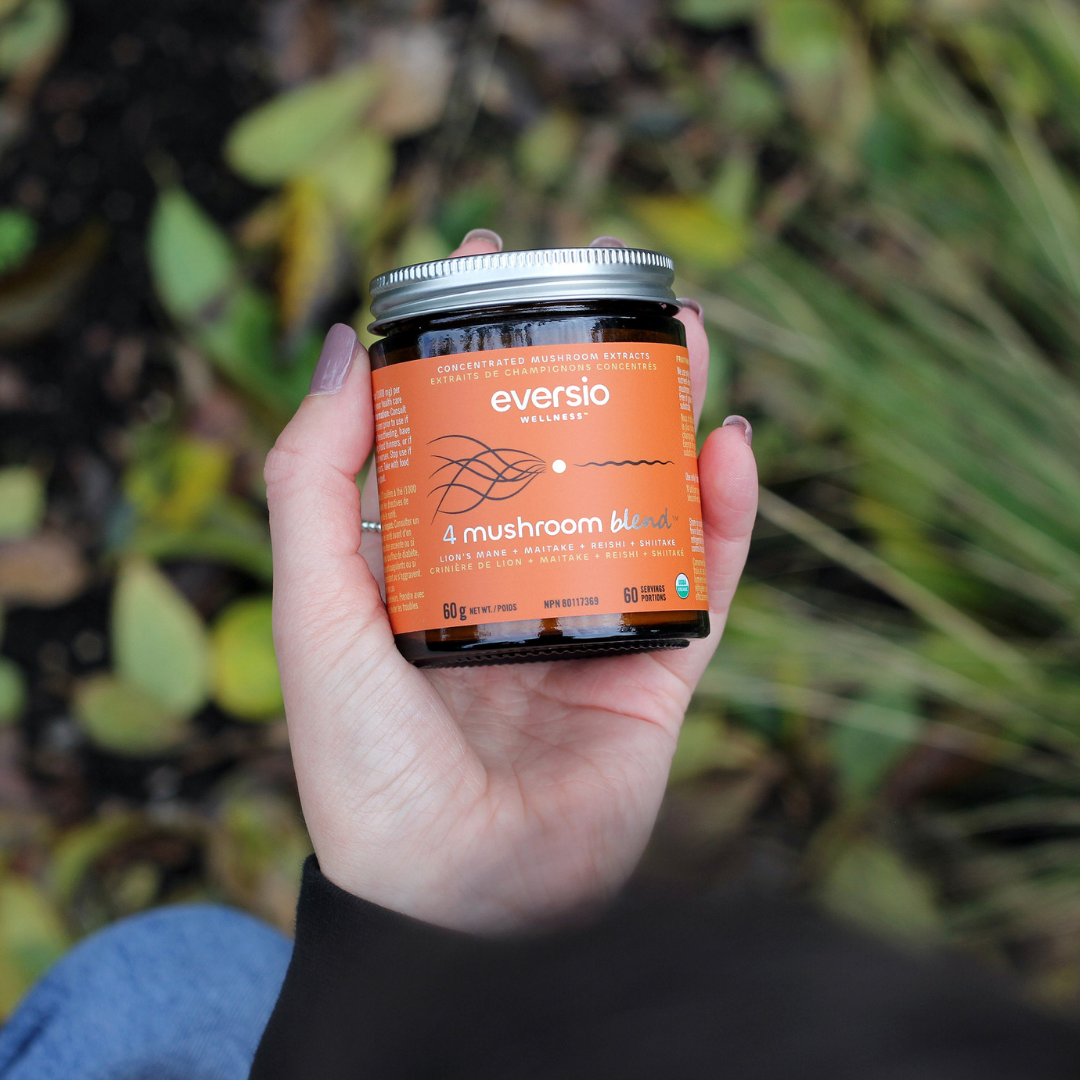



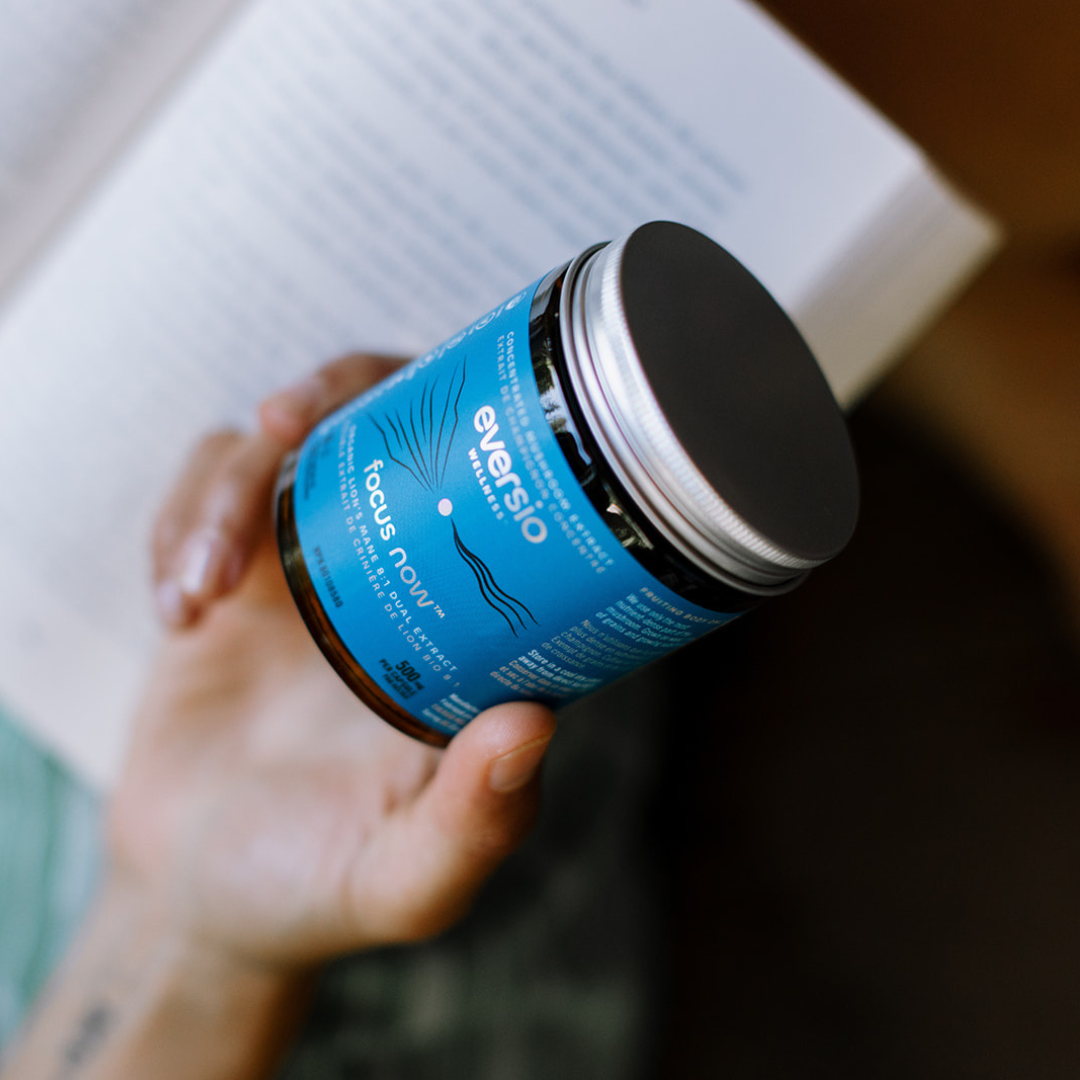

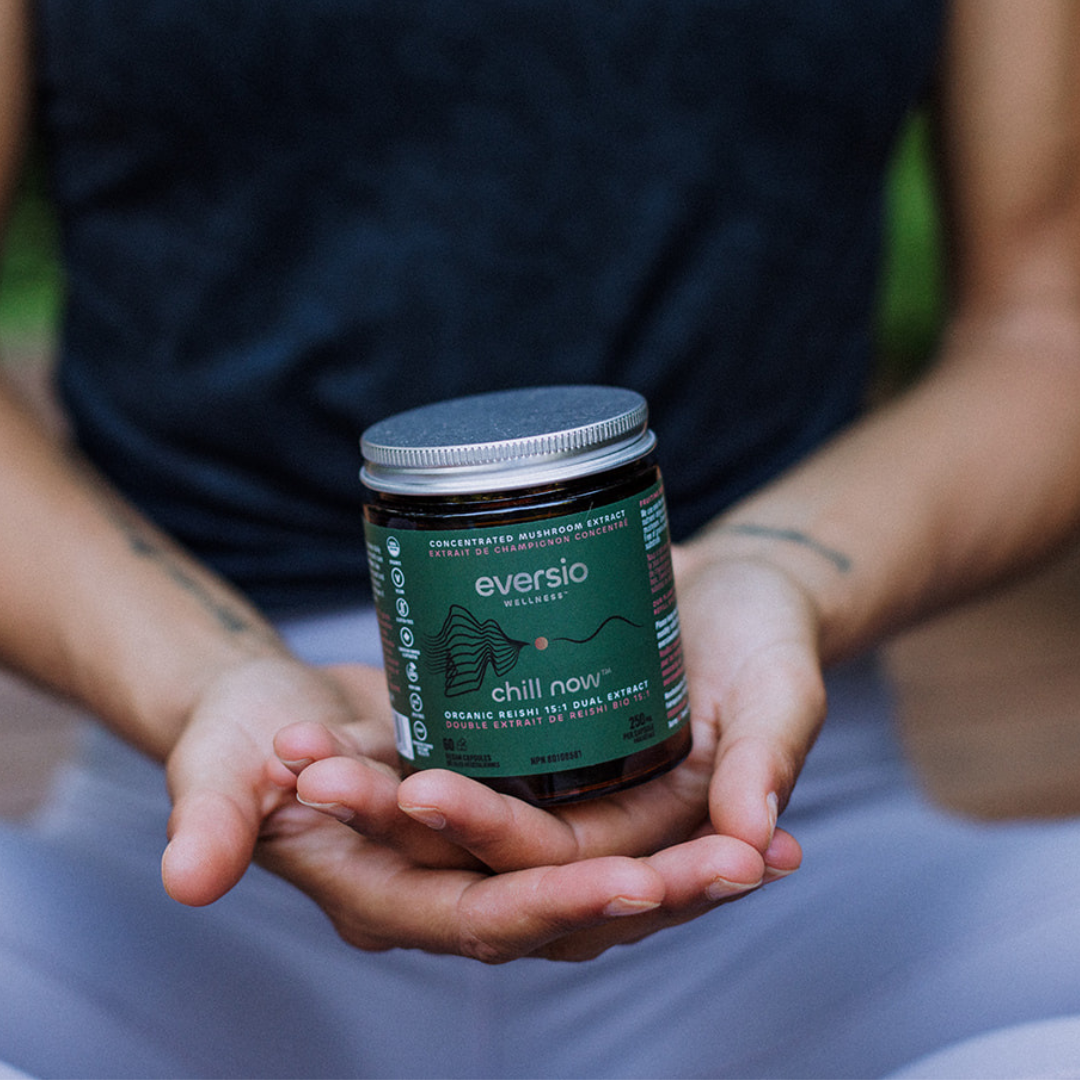
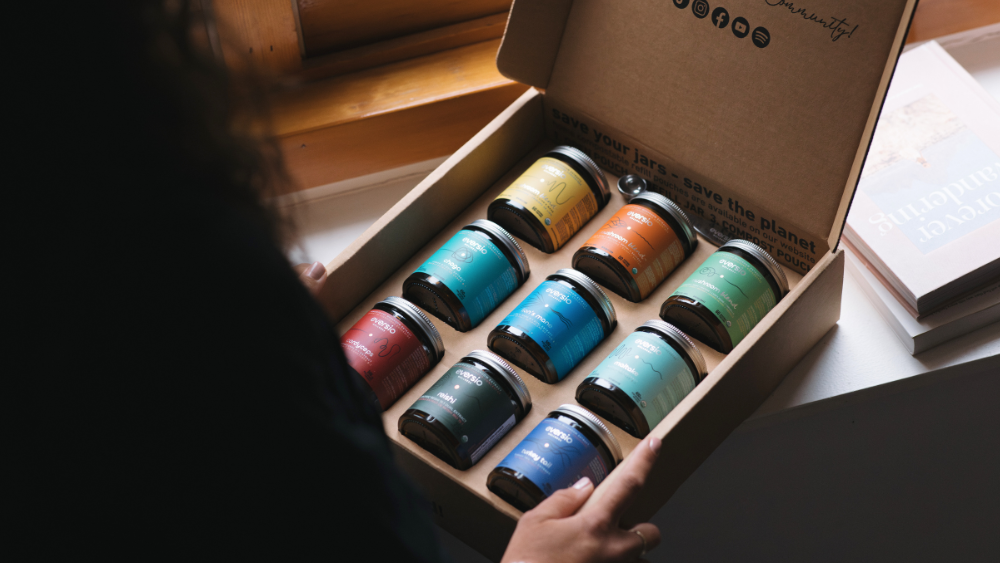







Leave a comment
All comments are moderated before being published.
This site is protected by hCaptcha and the hCaptcha Privacy Policy and Terms of Service apply.